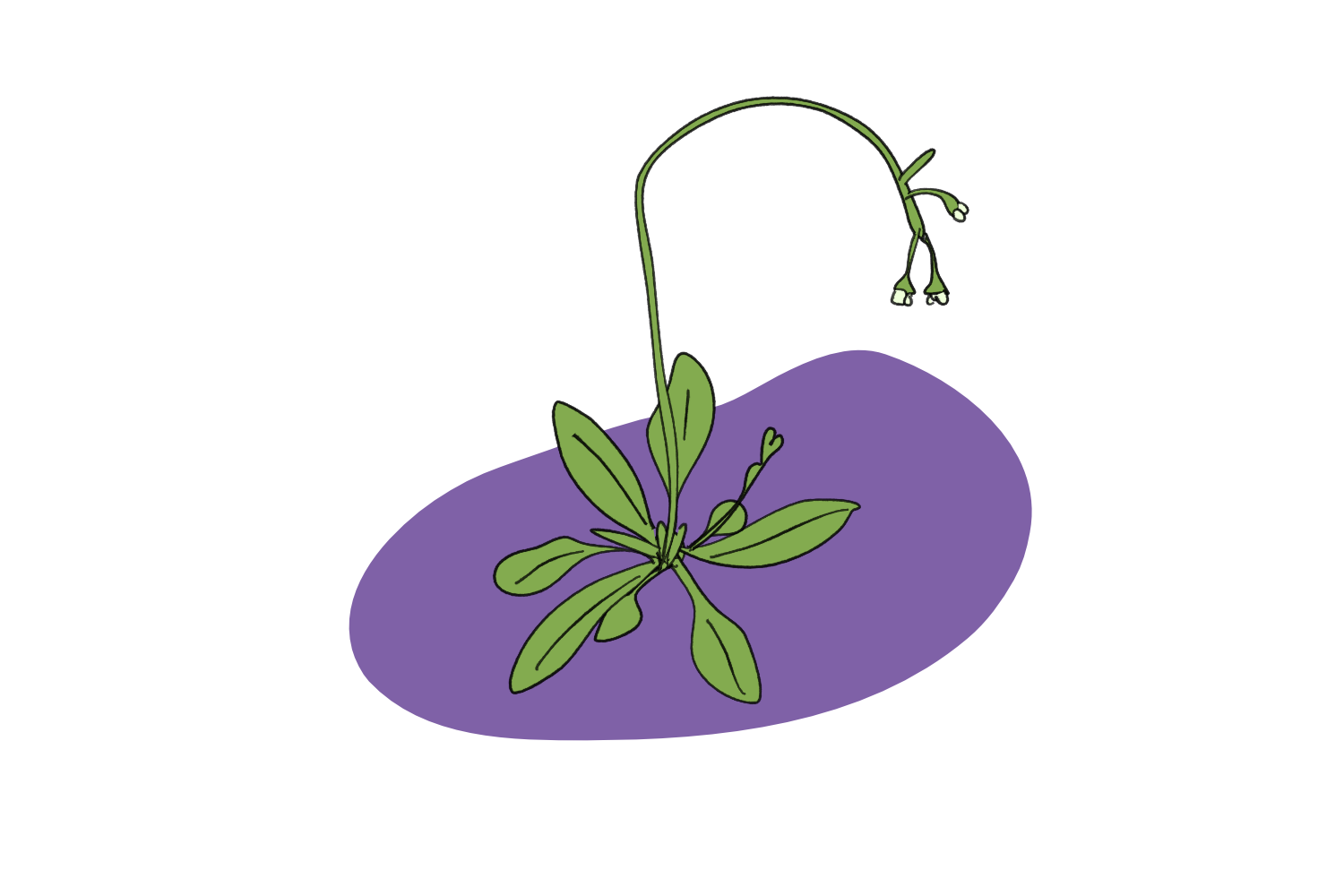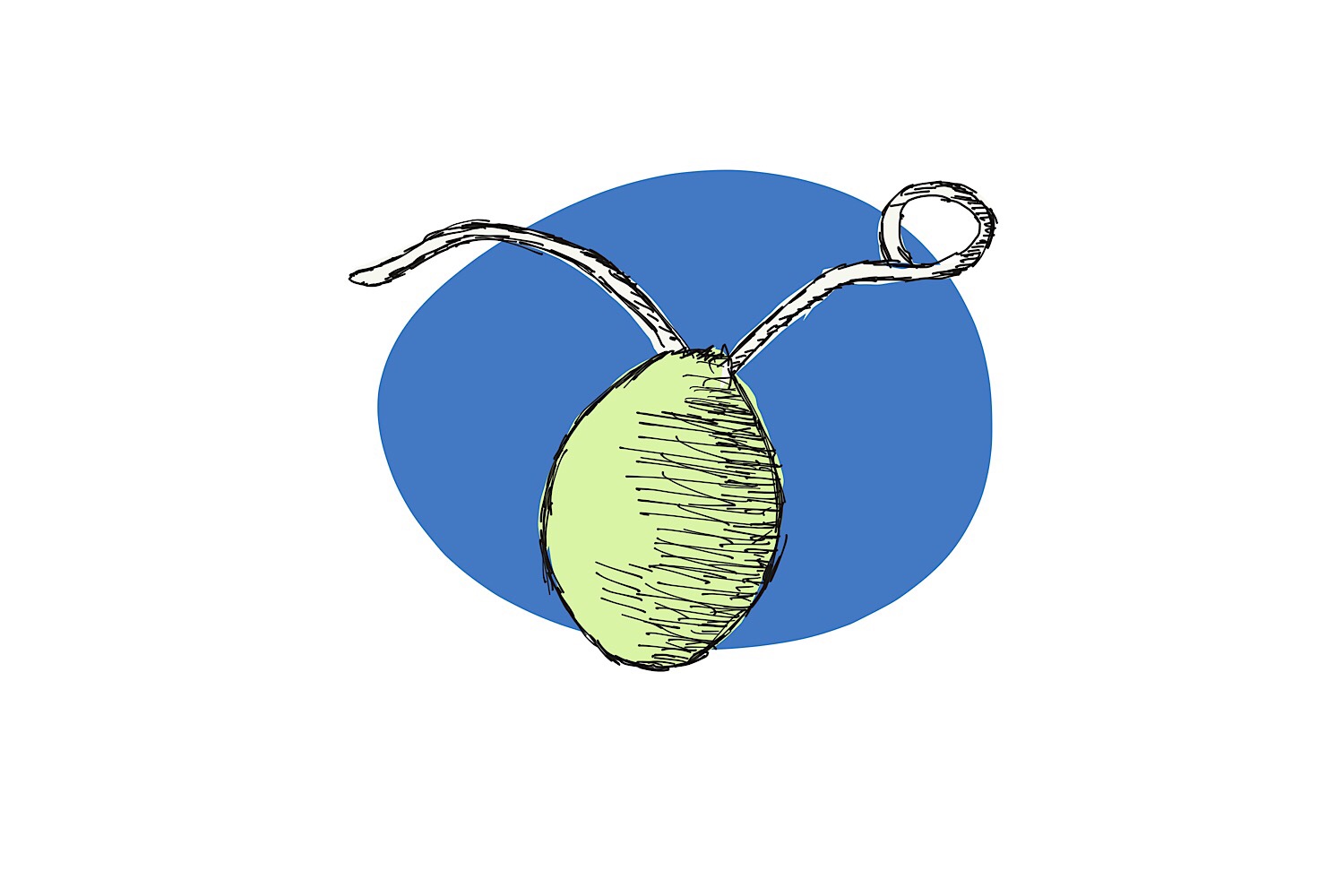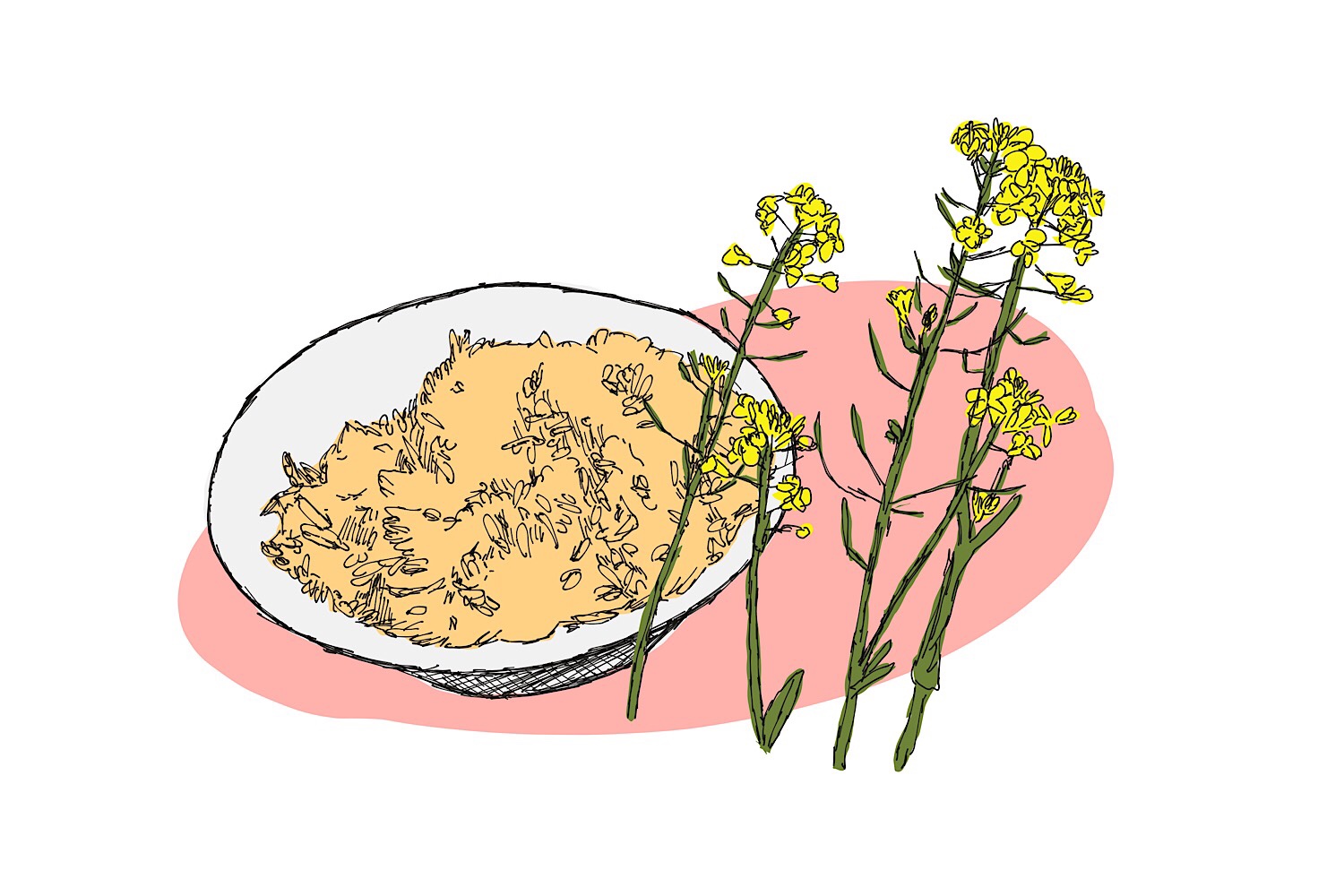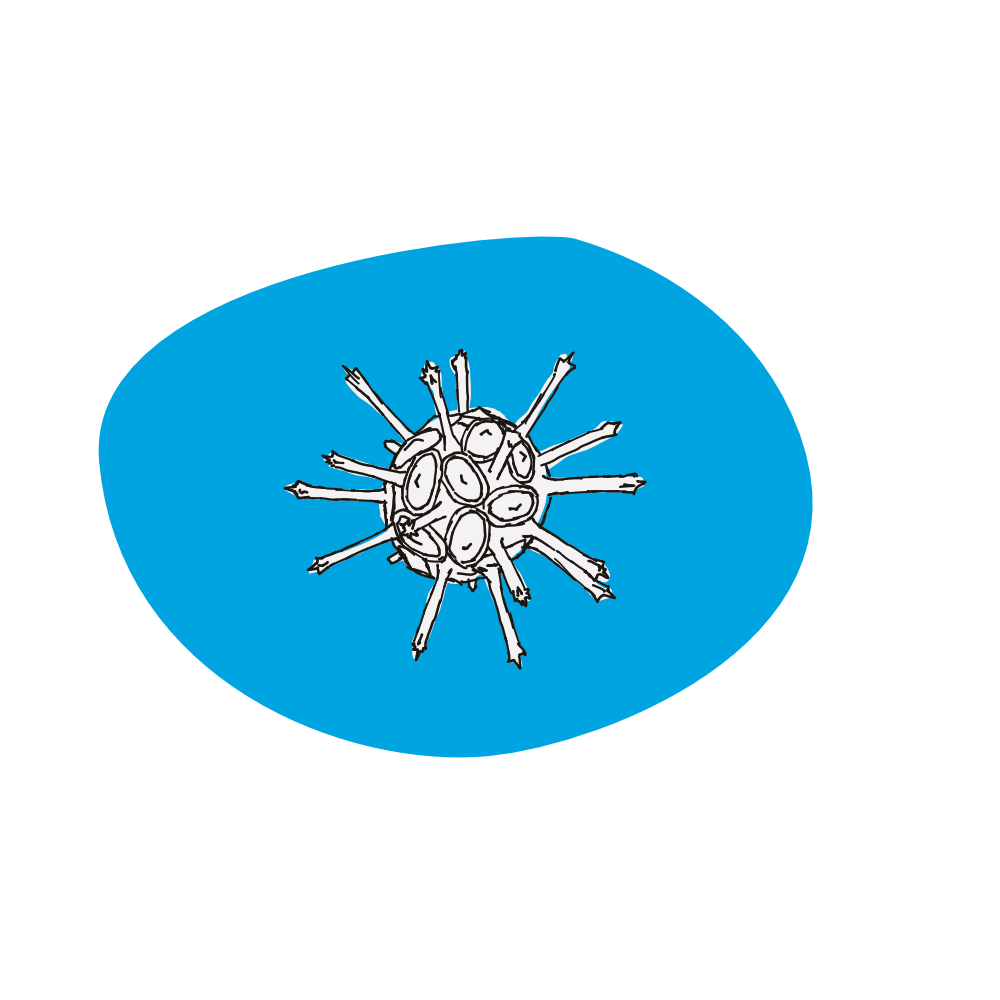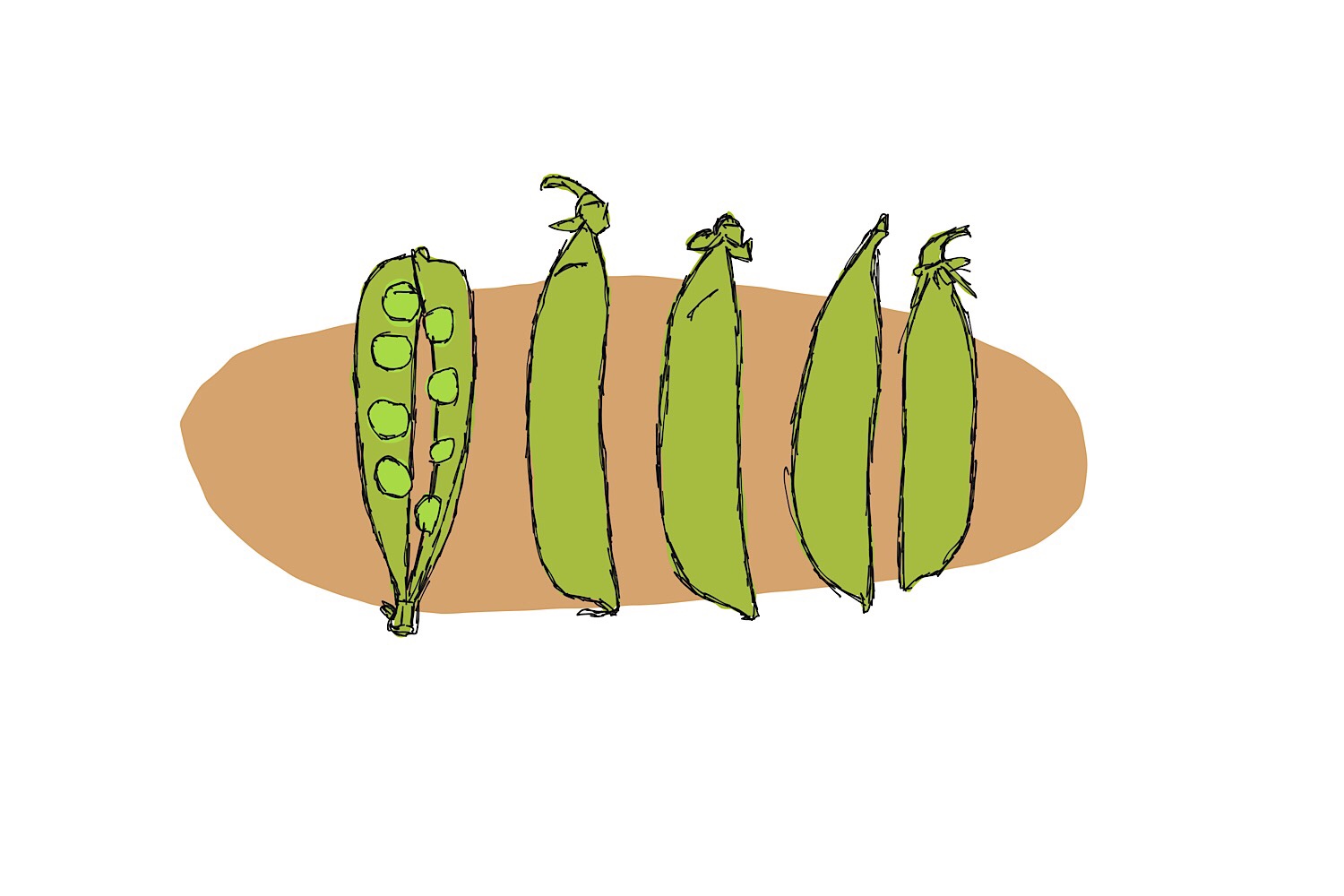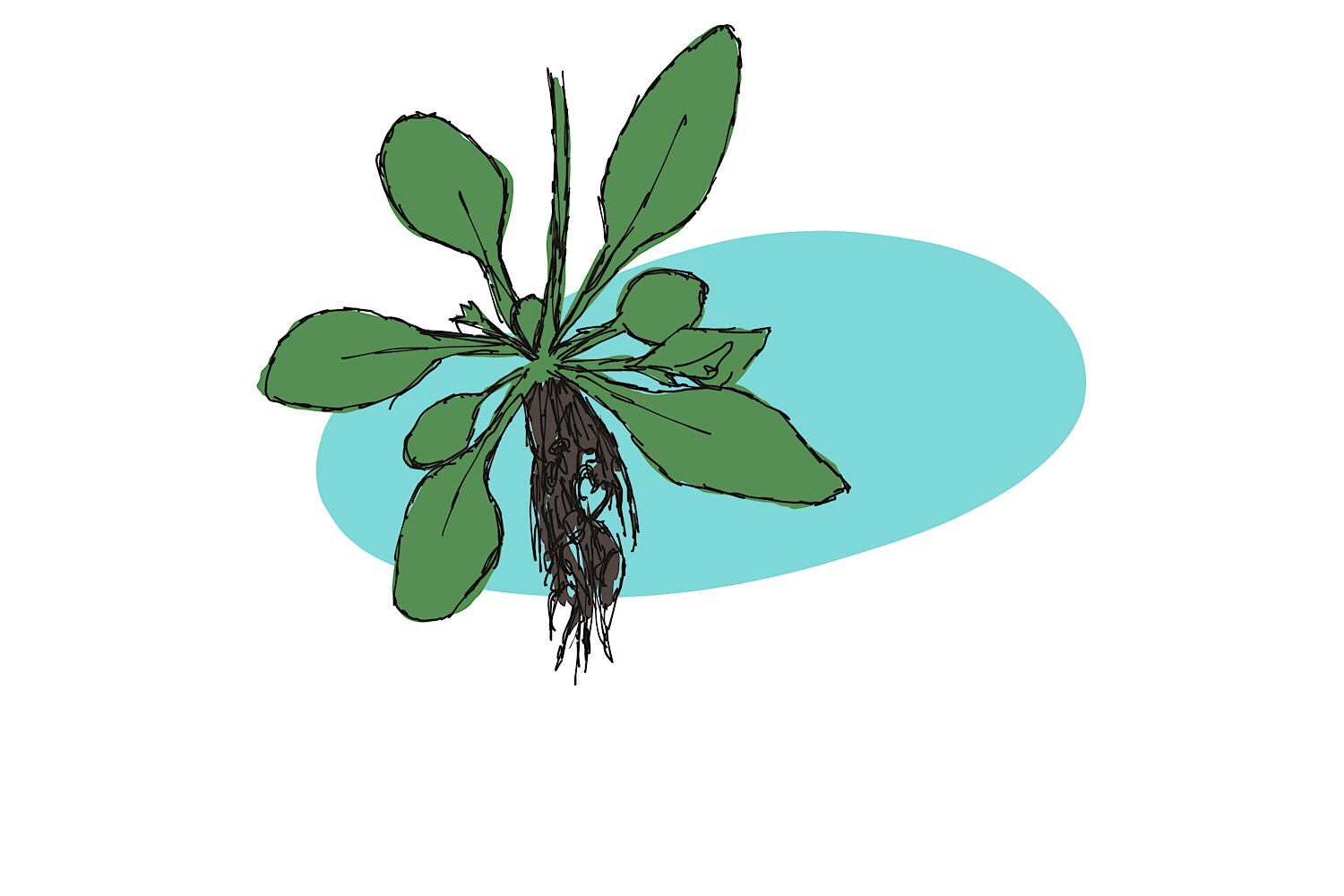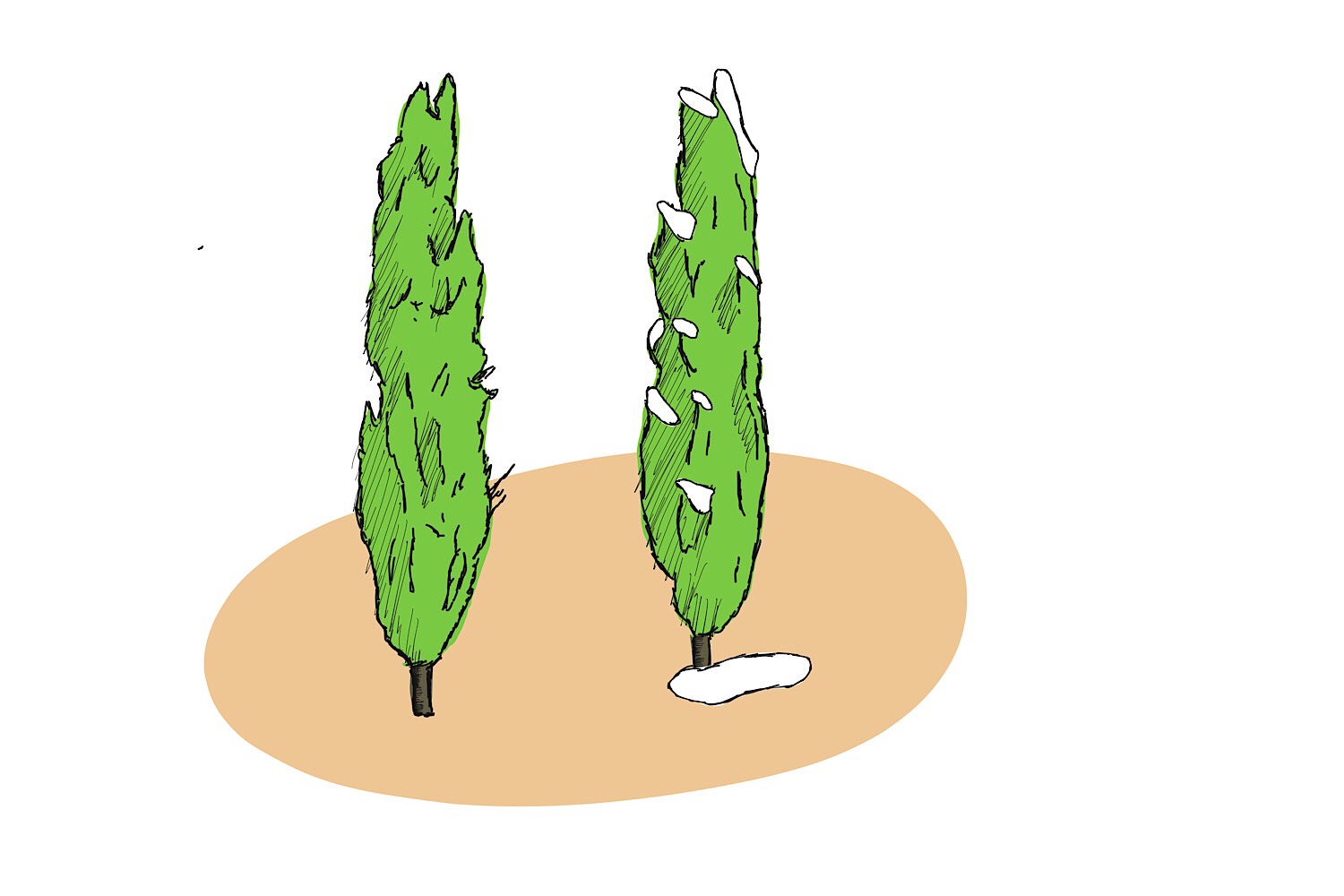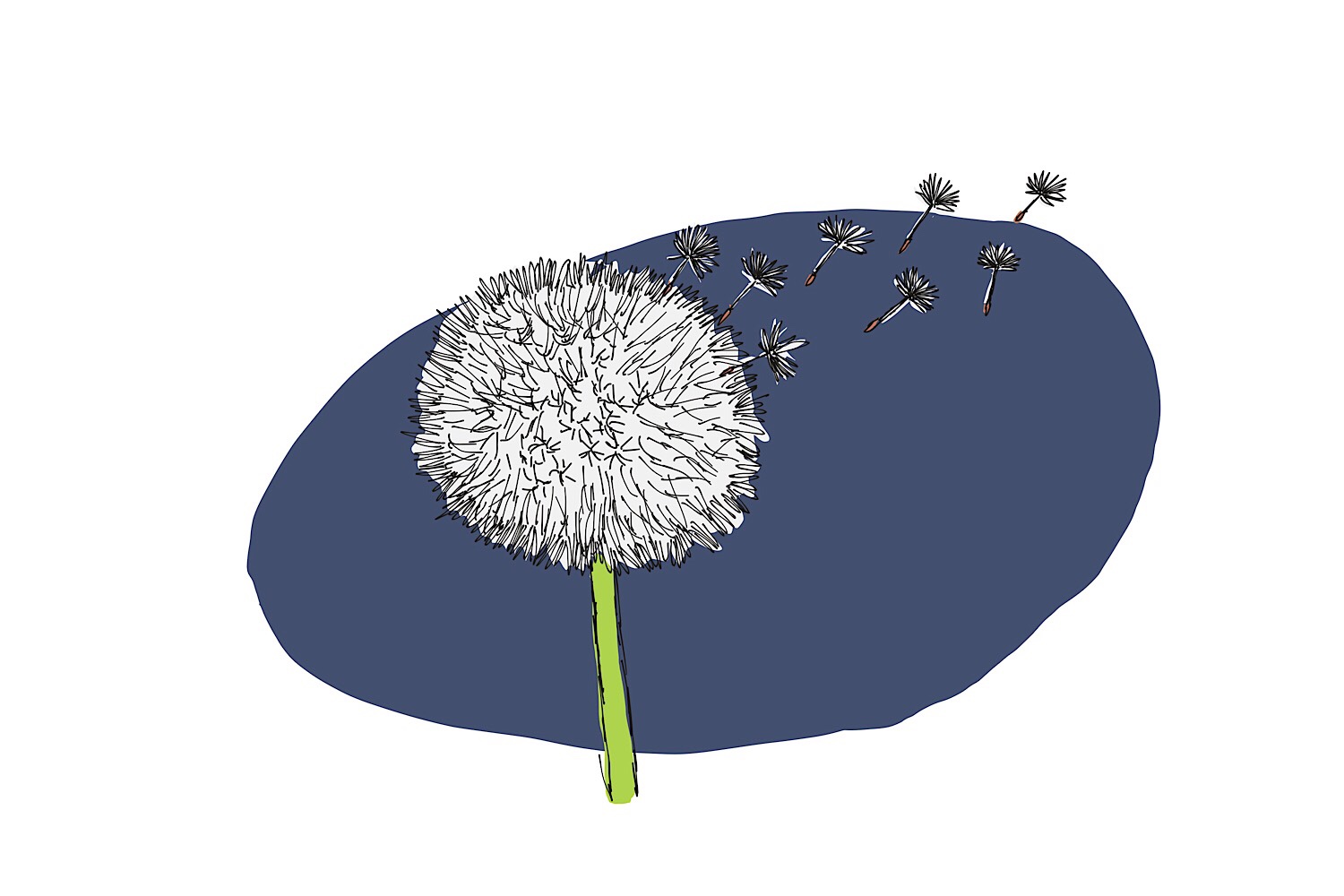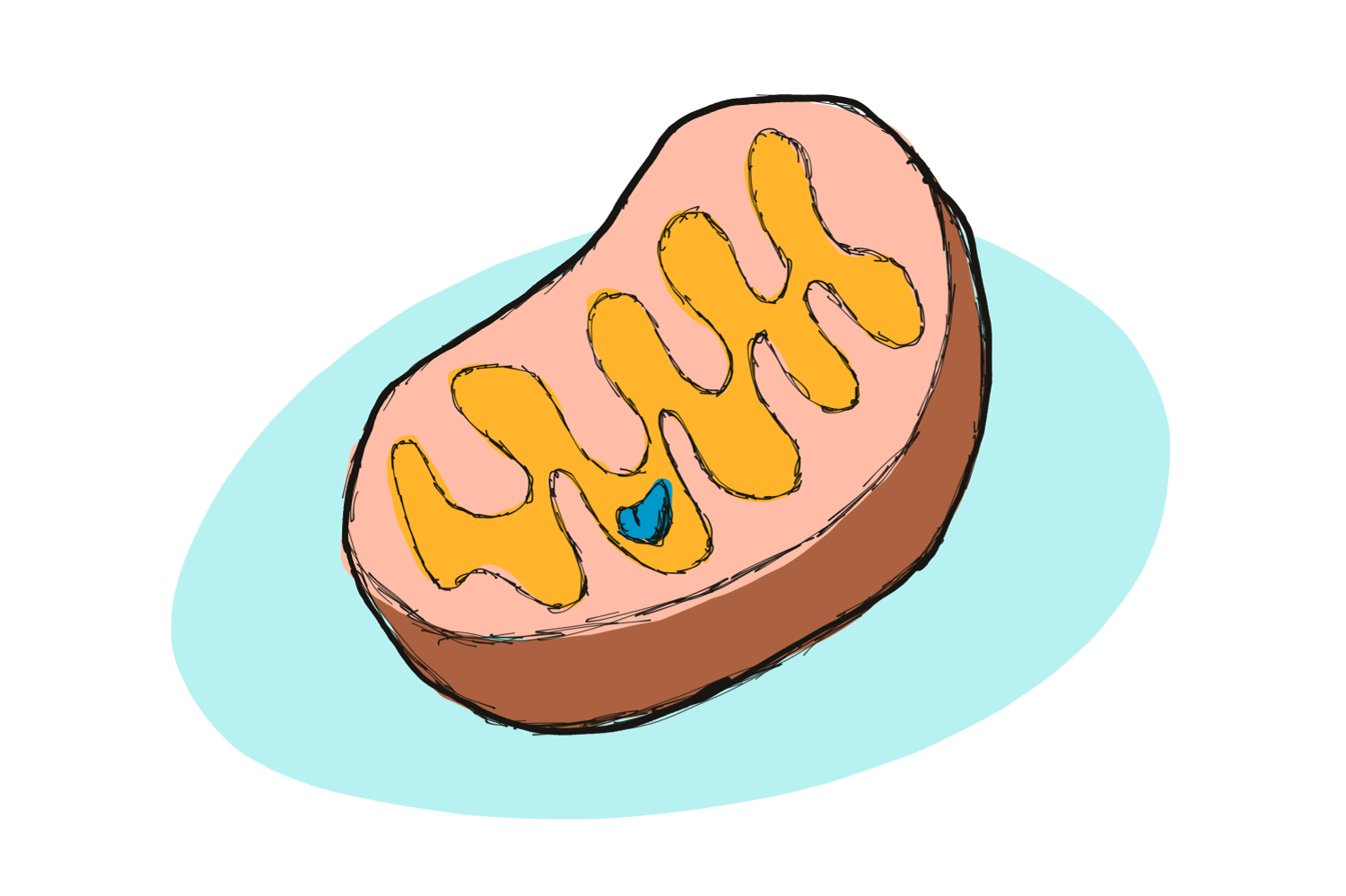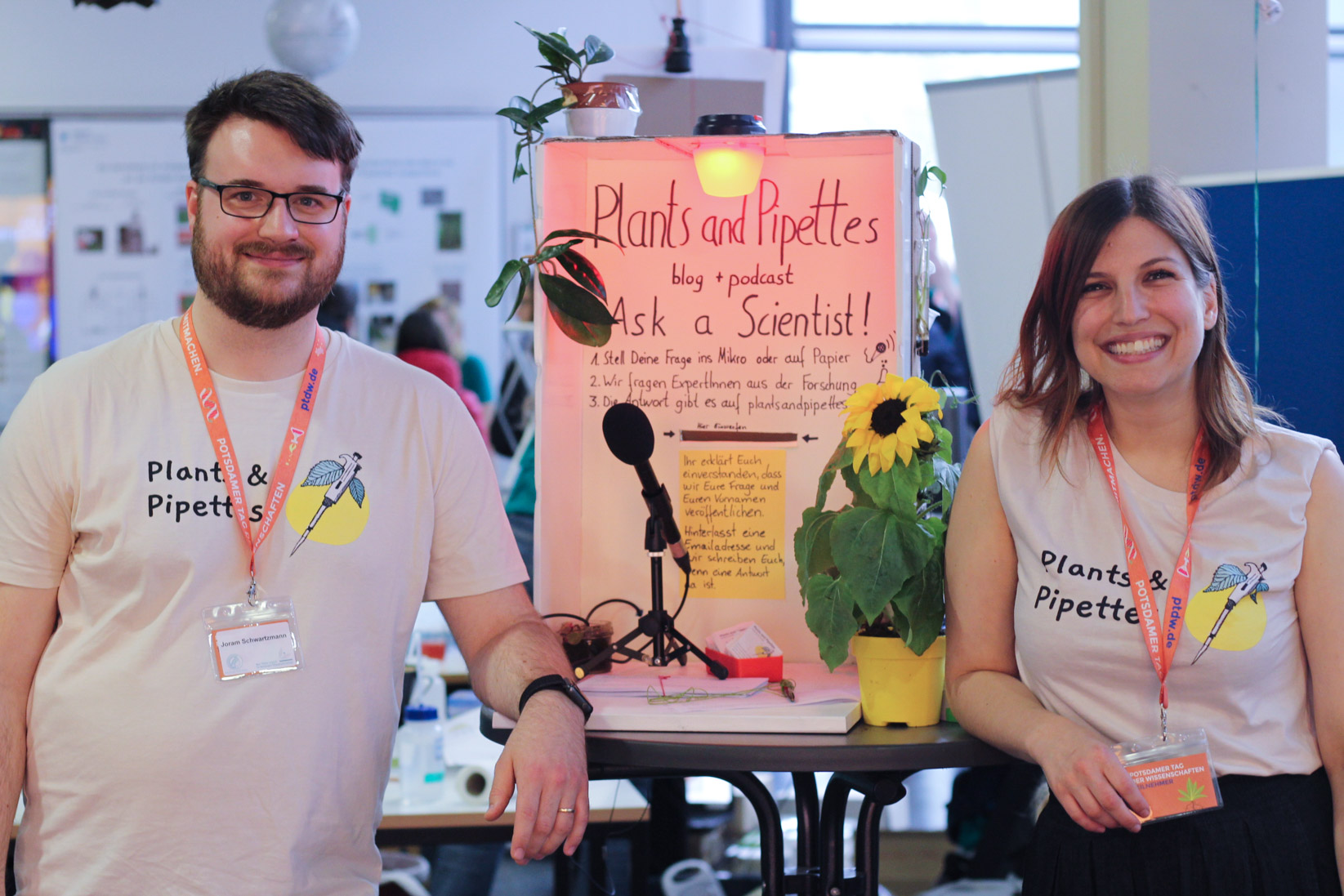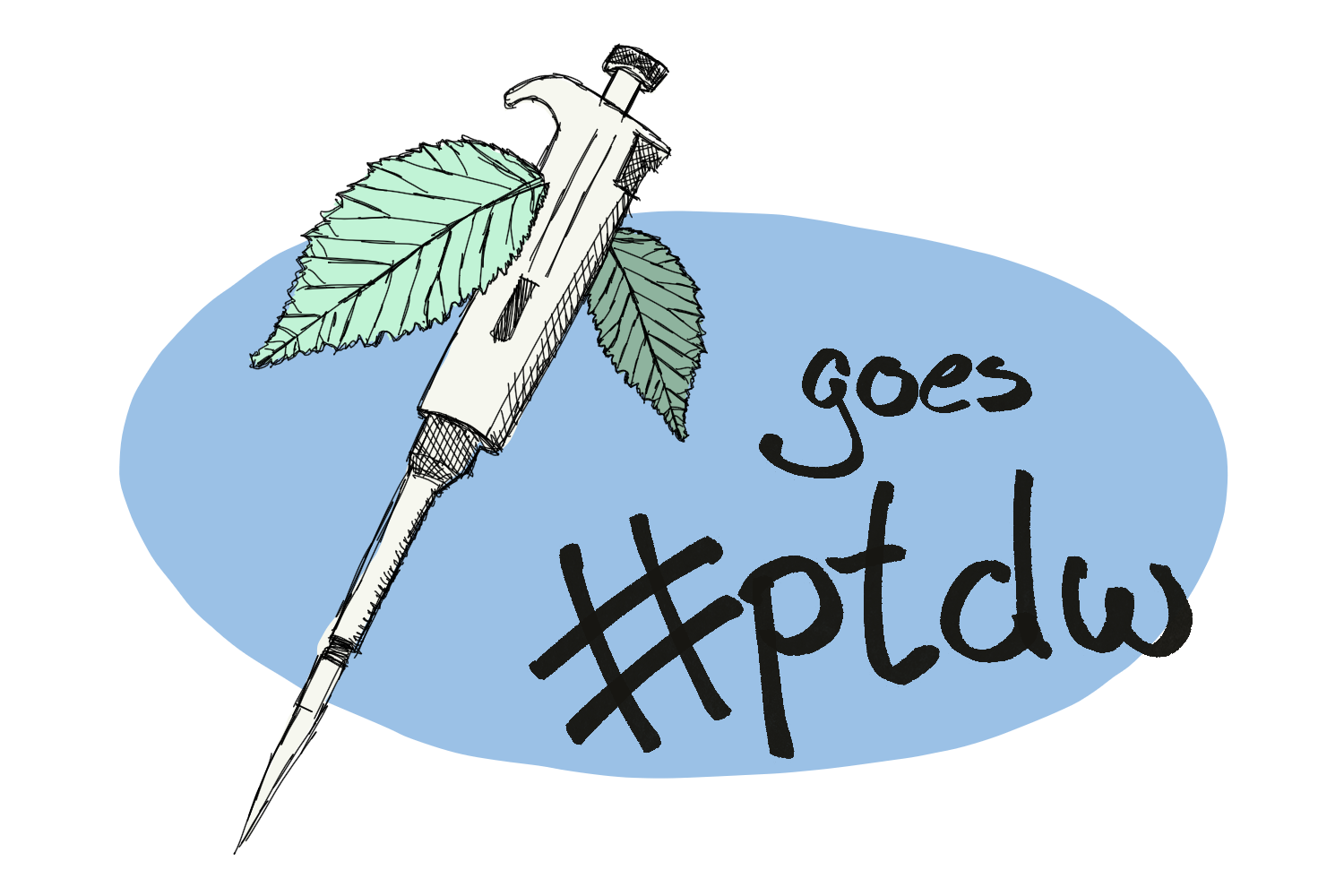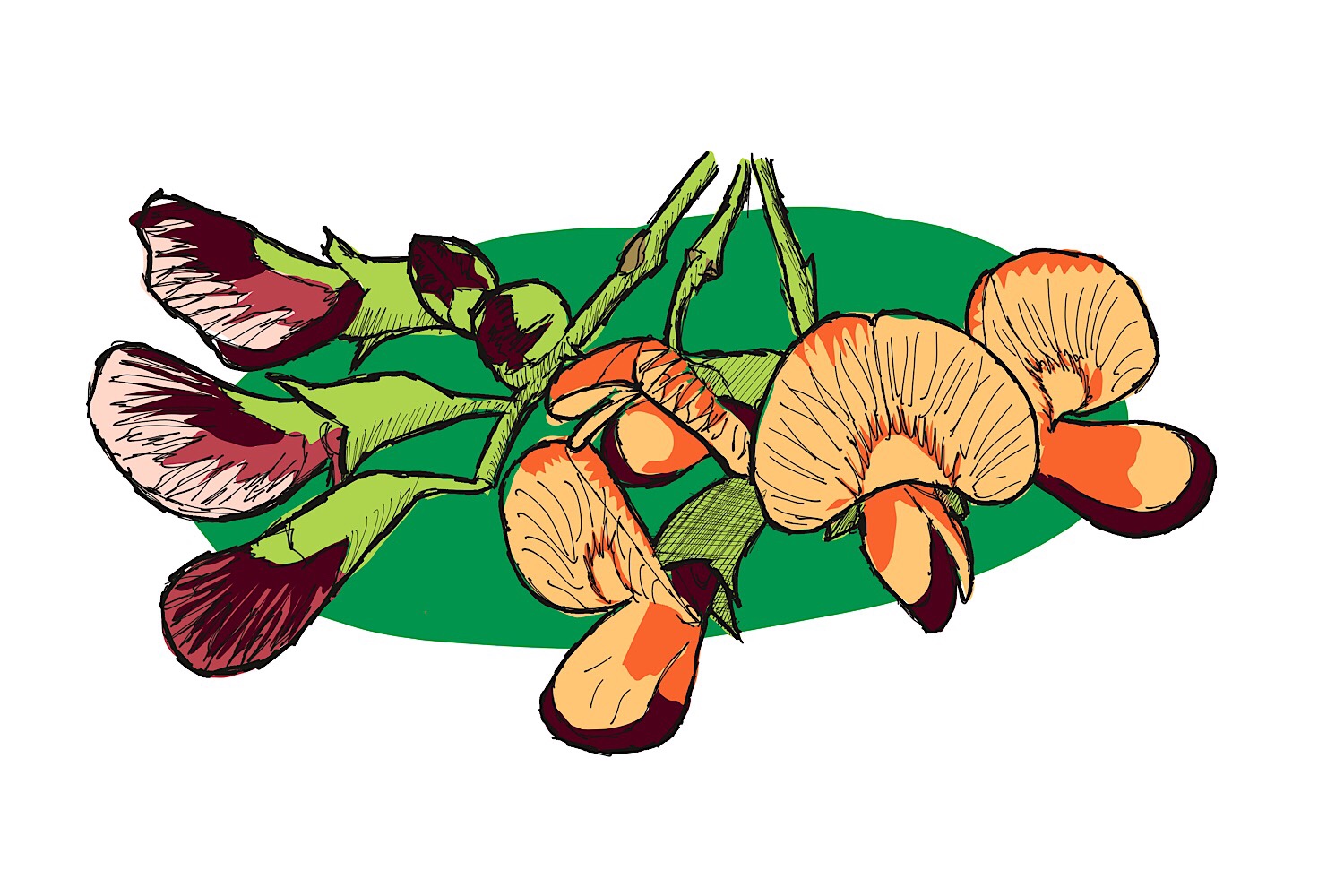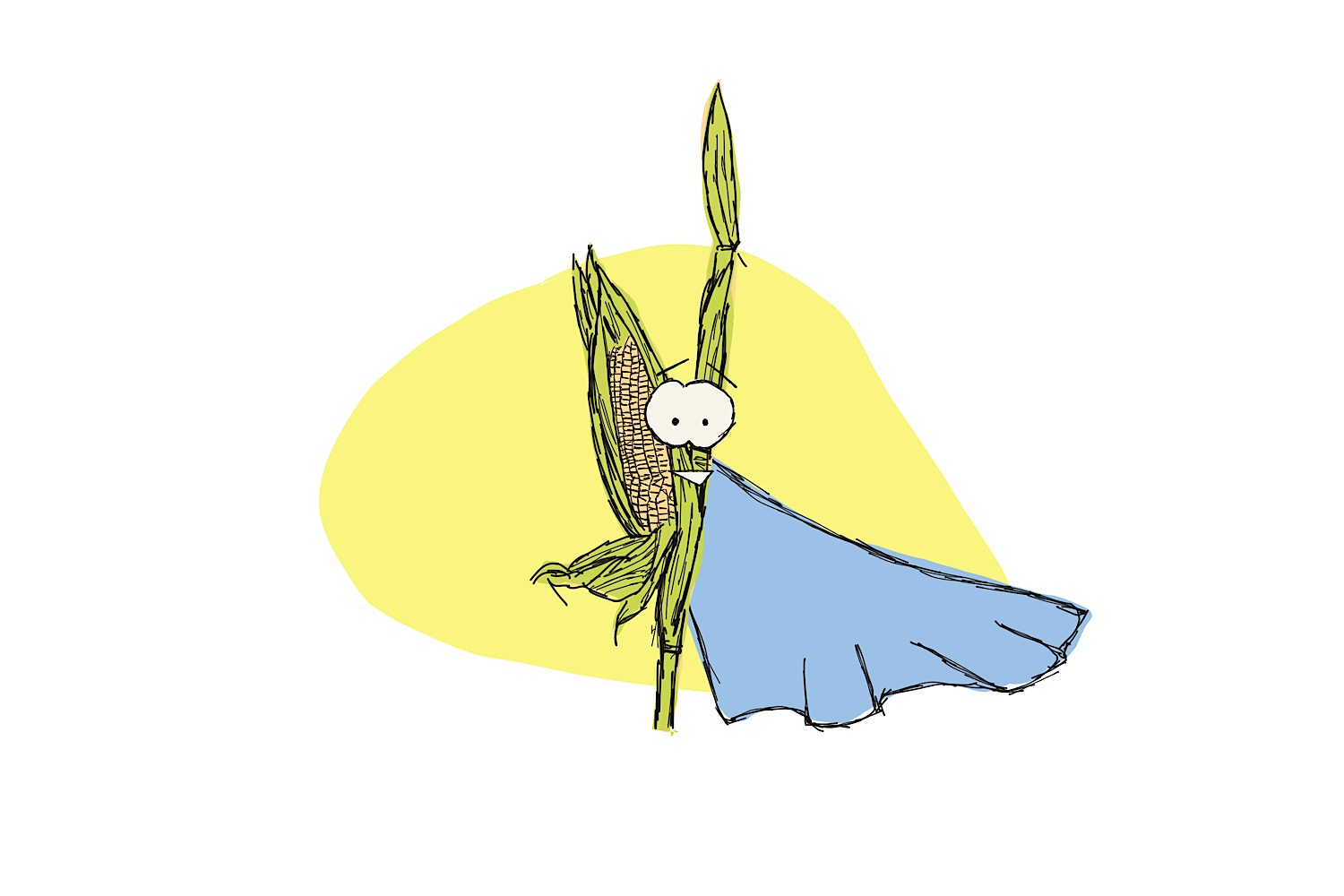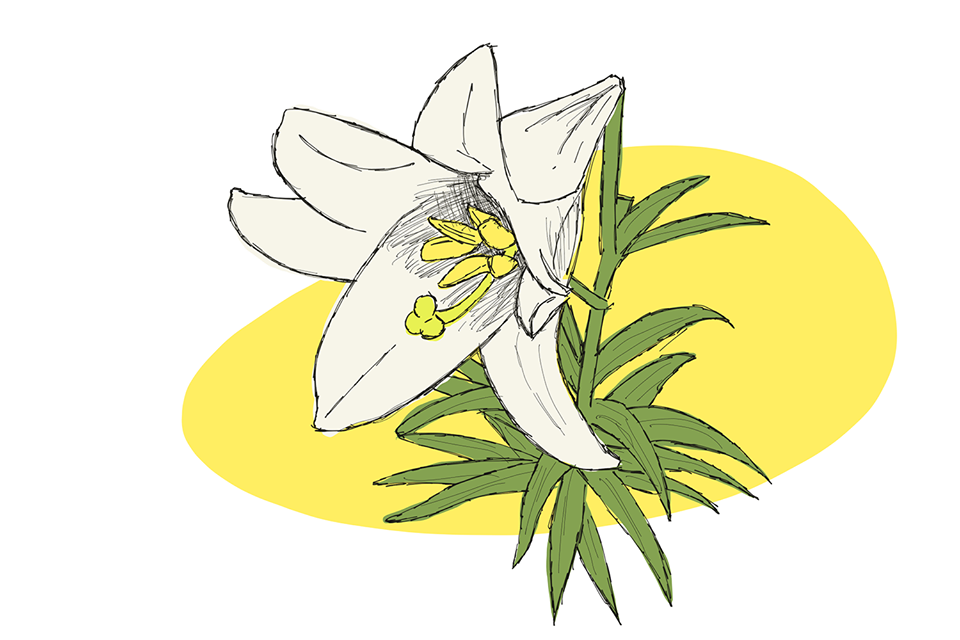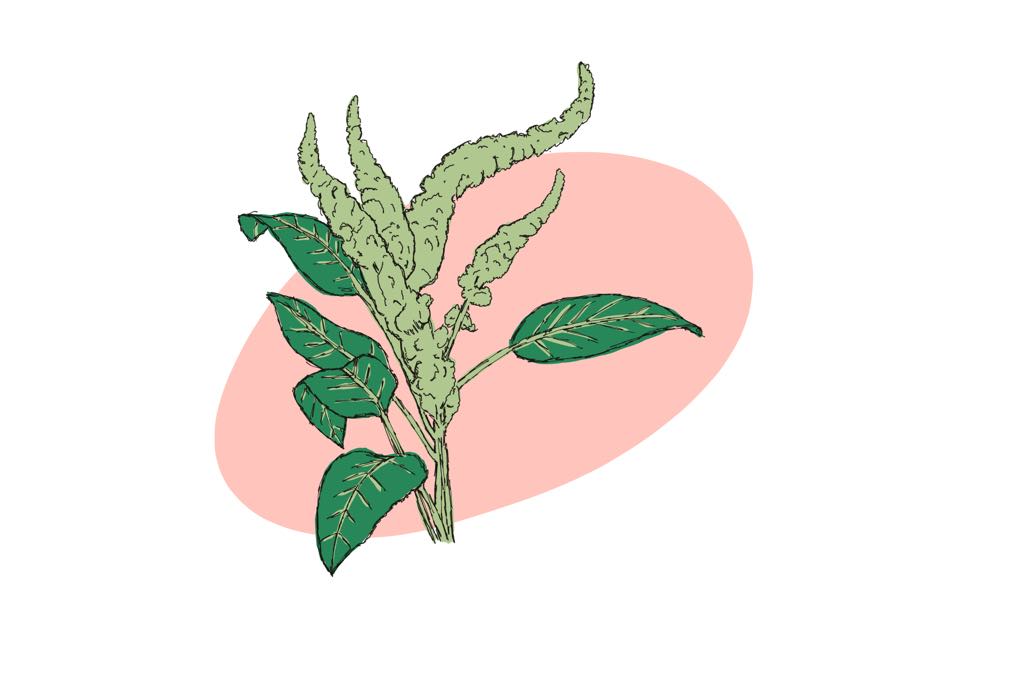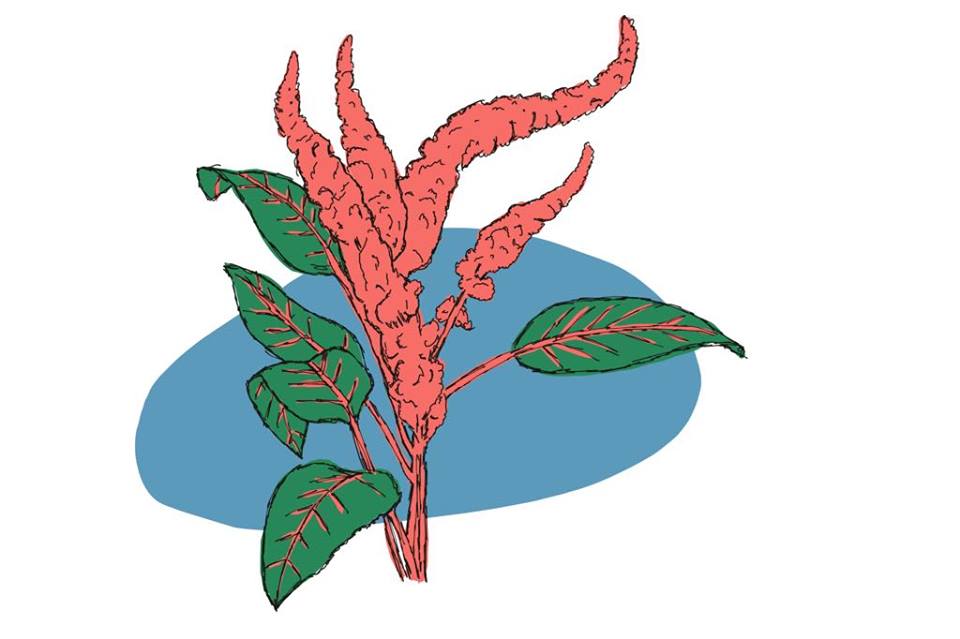-
Plant Scientists Stress Plants Out
Reading Time: 4 minutes You already know that plant scientists like to do some pretty cruel things to plants. We cut out bits out of their genes, steal their metabolites to try to fix our problems, lock their cells into tiny droplets of oil… the list goes on. But now, new research suggests that plant scientists cause plants a […]
-
Lab rats III: green, single and ready to photosynthesize
Reading Time: 3 minutes Sometimes all you want for your research is a couple million of your favourite lab rat. No space in the green house? Try a beaker! Chlamydomonas reinhardtii is your guy – in fact, with Chlamy, you’ve got several million guys per millilitre.
-
Where are our GM superfoods?
Reading Time: 4 minutes With the idea of genetically modified (GM) crops, we the public were promised amazing new products. Healthier, tastier and better plant based foods to fill our plates. But now, it’s been over 30 years since people first proposed to use genetic engineering in plant breeding, and our plates mostly contain the same plant products as […]
-
Coccolitho-four facts
Reading Time: 4 minutes Ok, ok. So this blog is supposed to be about plants, and the amazing things that they do. But what we’re talking about today isn’t actually a plant. Instead, it’s a bunch of unicellular algae known as coccolithophores. Here are our four favourite facts about these fascinating not-quite-plants.
-
Give peas a chance
Reading Time: 4 minutes When the sun comes out, Germans and Australians have something in common: we light a fire and start cooking food outdoors. The usual barbecued suspects are sausages of questionable origin, something sitting in a red marinade, and charred but somehow-still-raw chicken breast. While this does sound mouthwatering, a new trend might bring a fresh player […]
-
Single cell technology hits plant roots!
Reading Time: 5 minutes Often, when trying to find out what’s going on within our favourite green friends, we scientists simply grab a plants, grind it up, and perform a range of molecular or biochemical tests. But if we’re completely honest with ourselves, we’ll acknowledge that not all plant parts are created equal.
-
Choice of the bees: pollinator pressure and flower colour
Reading Time: 4 minutes The other day, my friend and I were musing over the fact that many flowering plants require a third party pollinator in order to complete the fairly simple act of reproducing. And that while this sexual ‘three-or-moresome’ has some pretty great advantages, it also forces plants to spend a fair amount of energy just in […]
-
Knowing when it’s wintertime.
Reading Time: 4 minutes Winter time can be hard for plants, and many species that live in particularly cold climates do their best to ‘opt out’. When autumn comes, leaf shedding deciduous species effectively shut it all down. They reabsorb as many nutrients as they can from their leaves, throw the remaining orange-red husks to the ground, and hunker […]
-
Superpowers and lion’s teeth
Reading Time: 3 minutes Last weekend, the Fast Forward Science competition held its Super Fast challenge – 24 hours to tell a story about science on Instagram… this year, with the topic of “Hero”. I didn’t have to look far in my neighbourhood to find a true hero of the plant world: dandelion.
-
CTRL-C, CTRL-V: Plants plagiarize to make new mitochondrial proteins
Reading Time: 4 minutes You’ll probably remember this one from grade school biology. Mitochondria are ‘the powerhouse of the cell’. Which basically means that mitochondria take sugars and break them down to make energy. But those little powerhouses were once so much more- they were an entire organisms. A very long time ago, a certain type of proteobacteria was […]
-
Wir waren beim PTDW
Reading Time: 2 minutes Hello to our English-speaking readers. This post is in German, you can find an English version here. Hallo alle zusammen, heute gibt es mal etwas anderes. Letztes Wochenende waren Joram und ich beim Potsdamer Tag der Wissenschaften, um Plants and Pipettes vorzustellen. Während wir normalerweise hier auf Englisch schreiben und sprechen, haben wir uns dieses […]
-
We were at PTDW
Reading Time: 2 minutes Hi all. Something a bit different today. On the weekend, Joram and I went to Communicate Plant Science at the Potsdam Day of Science. Although the communication was in German, which gave me a bit of stress (Figure 1), we managed to have a nice time chatting to the public, giving away some sunflower seeds, […]
-
PnP goes PTDW
Reading Time: < 1 minutes If you’re in the Potsdam/Berlin area this Saturday, May 11th, you’re in for a treat! You can meet the heads behind Plants and Pipettes (That’s us!) at the Potsdam Day of Science. Eine deutsche Version des Artikels gibt es hier. You can find all information on the official website, our little event is described here. […]
-
Poison Peas and the Australian Arms Race
Reading Time: 4 minutes The synthetic poison 1080 (pronounced ten eighty), is used widely in Australia and New Zealand to control the population of feral animals that threaten local species with extinction. While 1080 is fatal to feral fauna, the scientific magic of it, is that many native species can snack on the substance without any harm. All because […]
-
‘You’ve got babies on your leaves’
Reading Time: 3 minutes Welcome to another episode of #didtheyreallycallitthat?!, in which we discuss the bizarre names that plant scientists give their favourite genes, proteins or mutants. Up today is the Arabidopsis transcription factor BABY BOOM. Can you guess what it does?
-
Fatherless super plants
Reading Time: 5 minutes Breeders have spent decades, centuries even, creating near-perfect crop lines. Meanwhile, scientists argue that these plants might still be further improved, and that new technologies can provide shortcuts in creating new lines. However, as is often the case, the theoretical discussion leads in practice to a dead end: the new technology simply doesn’t work when […]
-
Arbour Day- go plant a fig!
Reading Time: 2 minutes Seriously. Stop what you are doing right now, and go plant a fig. Or, I guess, keep reading, to learn some facts about our new favourite ficus, Ficus macrophylla, a.k.a, the Moreton Bay fig.
-
Happy Easter Lily
Reading Time: < 1 minutes Hi all, We’re taking a break to celebrate non-denominational Spring Festivities. Here’s a slightly-related flower Joram drew. T+J
-
Pigheaded pigweed- an amaranth that can’t be killed by Roundup
Reading Time: 5 minutes Earlier in the week we introduced Amaranthus. A genus containing ornamental plants, various species with edible leaves and stems (i.e. vegetables), and plants producing grains filled with desirable products like proteins, the limiting amino acid lysine, fiber, and several minerals like iron. And we mentioned the resilience of the genus- its ability to withstand various […]
-
Unfading Amaranth
Reading Time: 3 minutes Many of you have probably already heard of amaranth. The pseudocereal jumped to global attention a few years back, as another ‘ancient superfood’ that could cure our health woes, following in the footsteps of foods like quinoa and chia. I’m a little late to jump on the amaranth bandwagon, but last week I heard about […]
